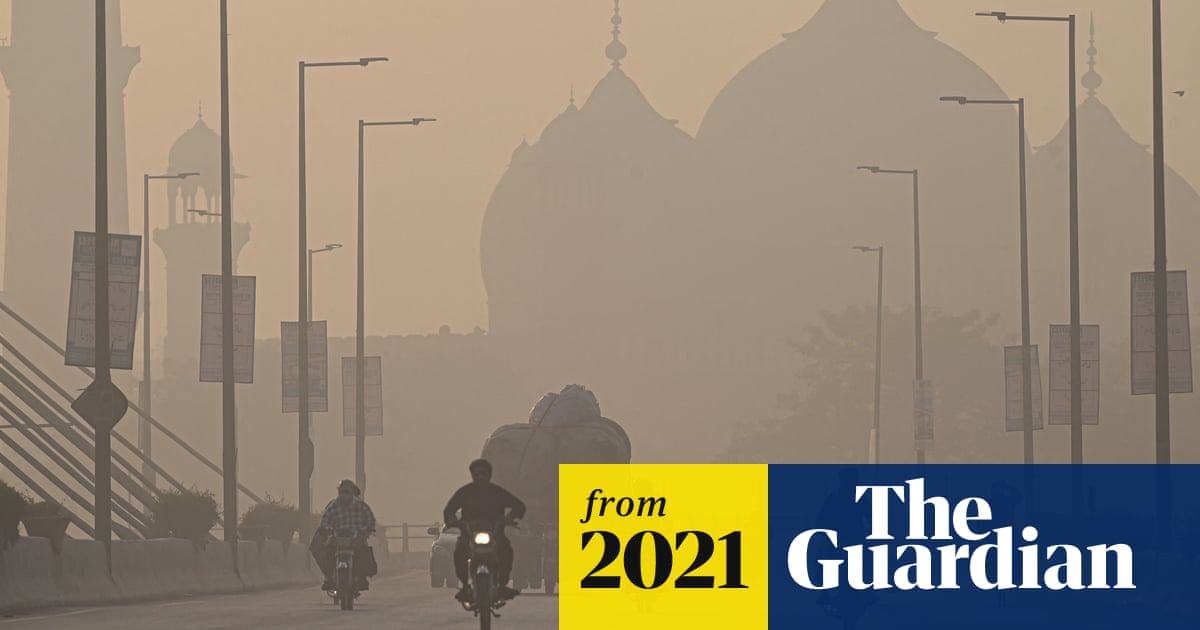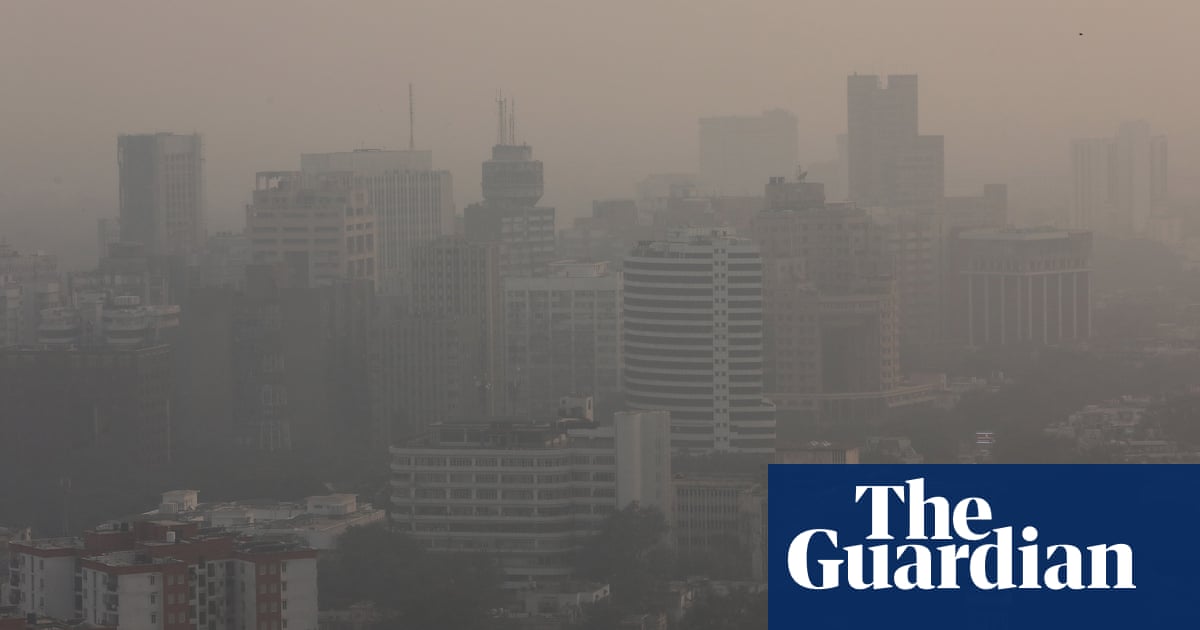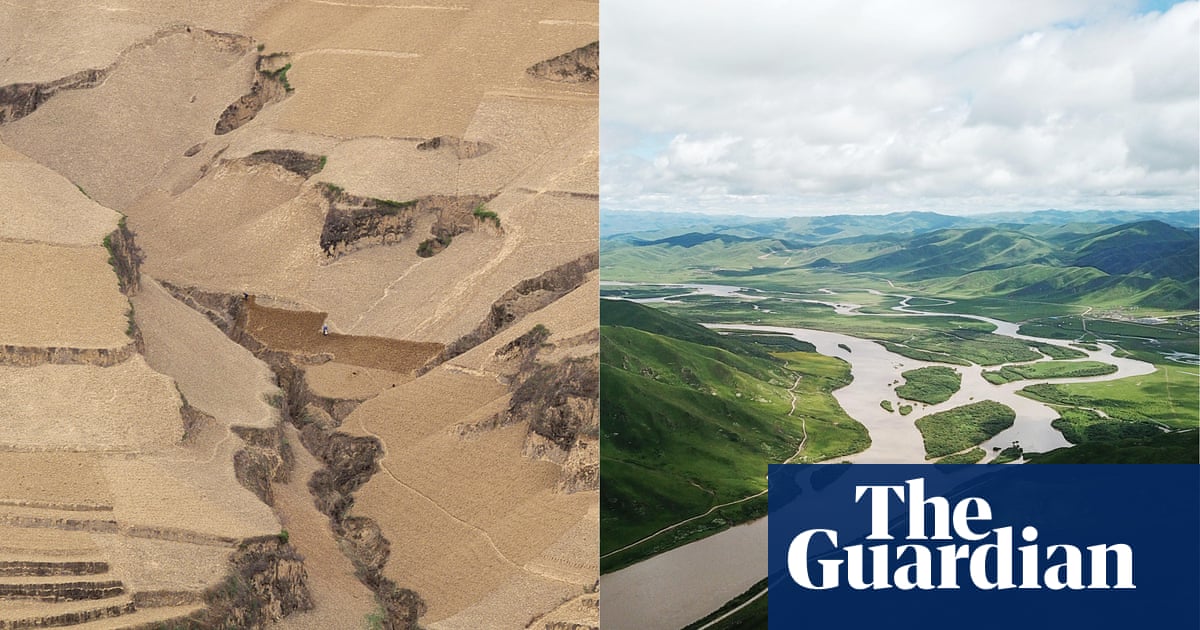It's been 10-20 degrees warmer here in Texas off and on over the past week or so, freaking miserable, so If we don't rein in climate change, what happens in 50-60 years to the holiday economy? If it's extremely warm by then, what happens to the clothing industry this time of year? What happens to all the Christmas songs that talk about snow, cold weather, all the outdoor holiday activities, etc...what happens to the ski places that don't get enough snow.
What happens to the North Pole? Santa? The reindeer? How will that all work if it's melted and warmer? Is society just going to pretend like it's all the same from 100 years ago during December every year?
How could you buy all the "holiday" stuff that deals with cold weather when it's not cold anymore?....So lower sales, worse profit reporting, WS gets worried about the economy again...I mean, if people don't want to think about keep humanity alive, at least do it for the $....right!?!
Or maybe it won't matter by then because things will be so bad....
What happens to the North Pole? Santa? The reindeer? How will that all work if it's melted and warmer? Is society just going to pretend like it's all the same from 100 years ago during December every year?
How could you buy all the "holiday" stuff that deals with cold weather when it's not cold anymore?....So lower sales, worse profit reporting, WS gets worried about the economy again...I mean, if people don't want to think about keep humanity alive, at least do it for the $....right!?!
Or maybe it won't matter by then because things will be so bad....
Last edited:







